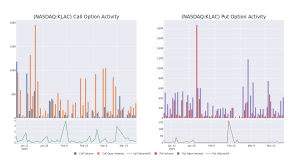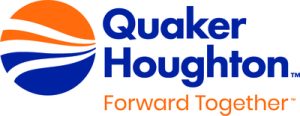We recently compiled a list of the 10 Best Debt Free Mid Cap Stocks to Buy Now. In this article, we are going to take a look at where MarketAxess Holdings Inc. (NASDAQ:MKTX) stands against the other debt free mid cap stocks.
Debt-free mid-cap stocks currently offer compelling investment opportunities, especially in today’s high-interest-rate environment. With borrowing costs elevated, companies burdened by debt face increased financial pressure, making debt-free businesses more resilient and attractive. Mid-cap stocks, in particular, balance growth potential with relative stability, often providing more agility and higher upside than large-cap counterparts. Moreover, companies with strong balance sheets and zero debt have more cash capacity to reinvest profits into growth initiatives rather than servicing the debt. As legendary investor Peter Lynch succinctly advised, “Companies that have no debt can’t go bankrupt,” highlighting the inherent safety and resilience found in debt-free investments.
Many modern fund managers support the philosophy of Peter Lynch and prefer companies that have an insignificant impact on profitability from interest costs. For reference, the Fundsmith Equity Fund, which has outperformed the world stock market index by 3 percentage points on average since inception, highlights that one of the secrets of its long-term success is, among others, picking stocks with low amounts of debt. They illustrate their performance by calculating that the average company they own has an interest coverage three times higher than the average company in the US stock market – this is primarily achieved by carefully selecting debt-free companies. They also argue that companies with strong balance sheets are more likely to be priced at higher valuations:
“Our portfolio consists of companies that are fundamentally [including debt levels] a lot better than the average of those in the broader market, so it is no surprise that they are valued more highly than the average S&P 500 company.”
READ ALSO: 10 Best Debt Free Stocks to Buy Now
Less than two years have passed since the FED funds rate reached its peak in mid-2023. Contrary to a common misconception, we believe that the effects of high interest rates in the economy have not yet been felt at the individual company level. The reason is simple – most of the debt held by the average US company was issued prior to 2023 at lower coupon rates. In this context, as the lower interest rate debt is gradually refinanced and rolled over, it is inevitable that the actual interest costs of companies will become higher, directly impacting their profitability and cash flows. Lower free cash flow, in turn, means less reinvestment into the business and, as a result, weaker long-term growth potential. This is the mechanism through which the current elevated interest rates may finally hit the stock market in the coming years.


